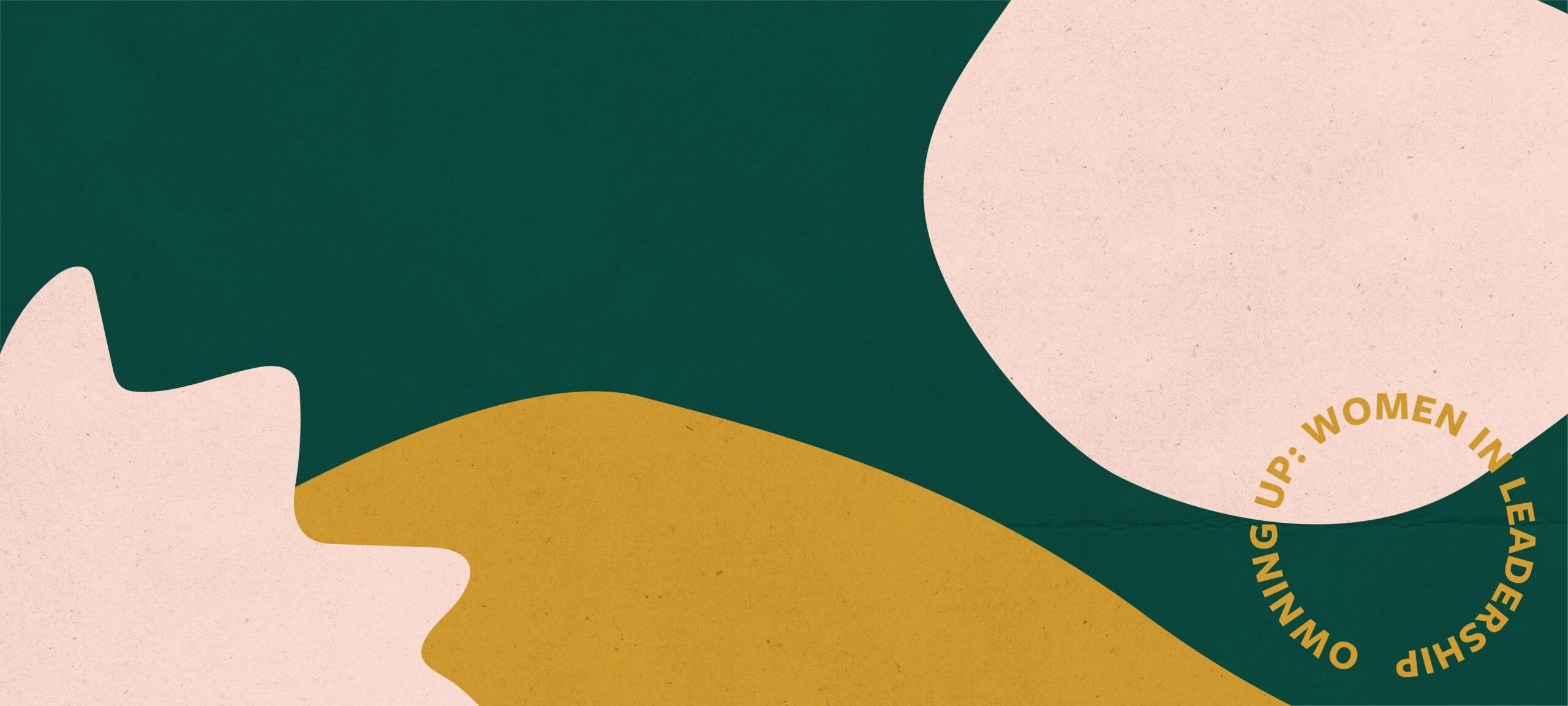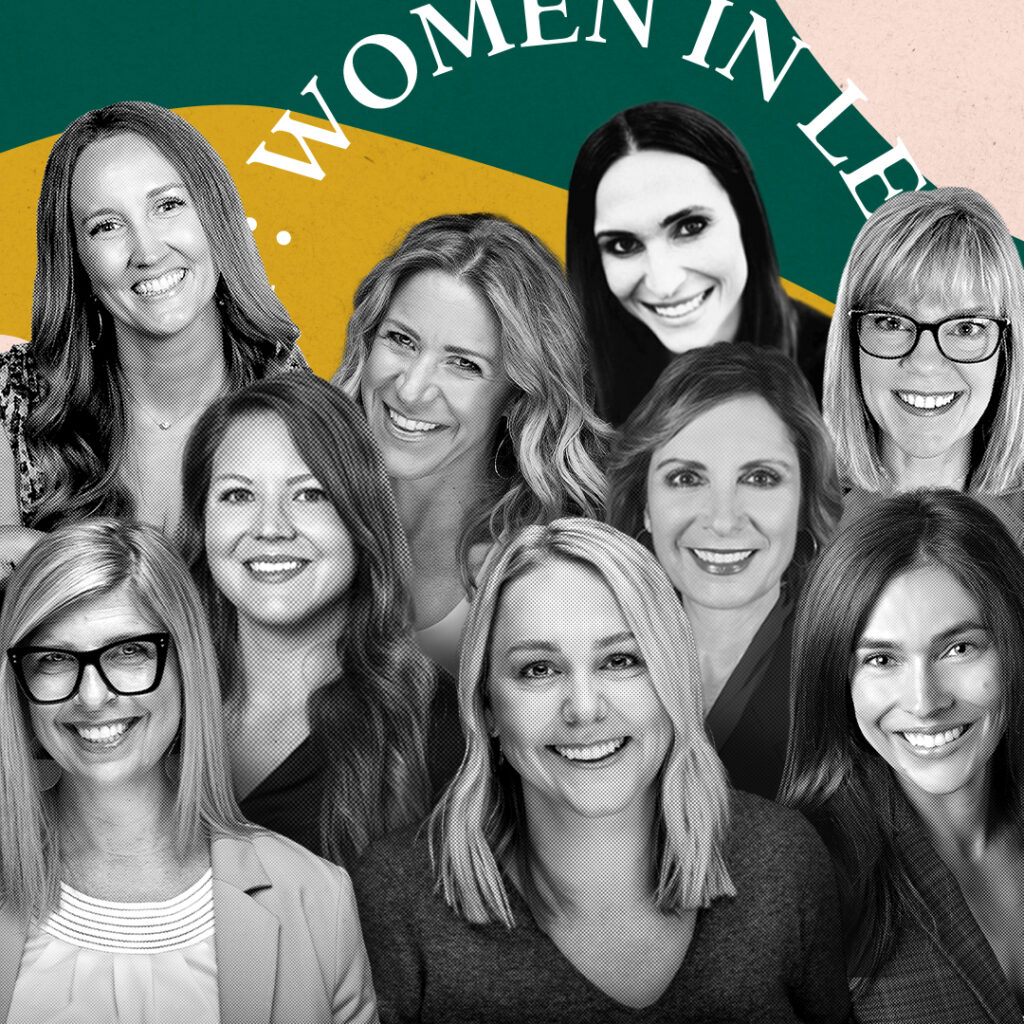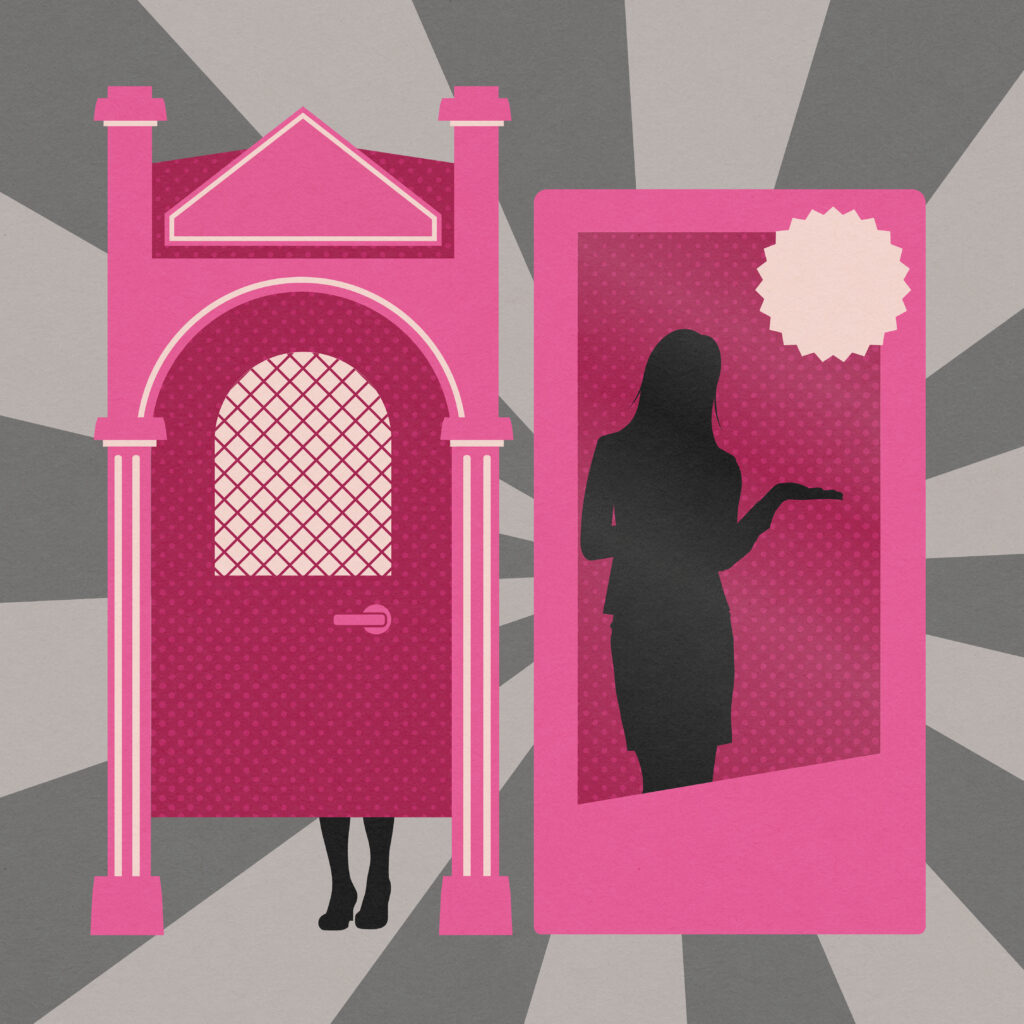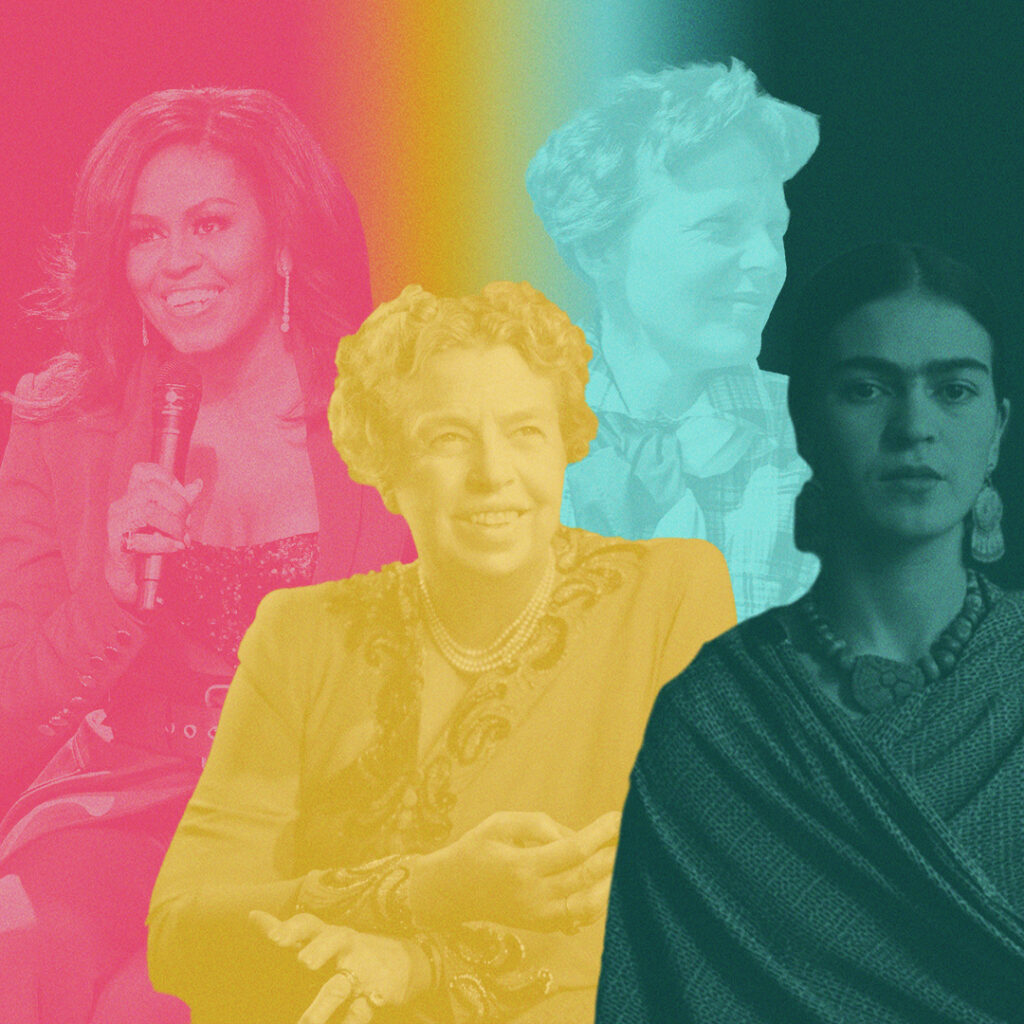Owning Up: Women in Leadership Series
Women account for 41.9% of the workforce in 2023. Yet, the proportion of women in senior leadership roles (Vice-President, Director, or C-suite) has dropped by 10% to 32.2. At Stoltz, we know women make great leaders — and we envision a world where there are an equal number of women in leadership as men. We asked several women we admire who hold leadership positions, or are experts in their field, to share their experiences with us and what leadership means for them. Here is one of their stories.
What it Means to Be the Woman Behind the Lens
Q&A with Director Kailee McGee
Stoltz Sr. Director of Strategy & Communications Krista Pedersen and Chief Creative Officer Kate Holgate had the privilege of speaking with Kailee McGee, a talented director who recently led the film production of our new Valley Regional Transit campaign. Kailee shared her sources of inspiration, how navigating the film space in a ‘room full of bros’ has impacted her career, and even shared some hot takes on the biggest names and memes of last summer — Barbie, Taylor Swift, and BDE.
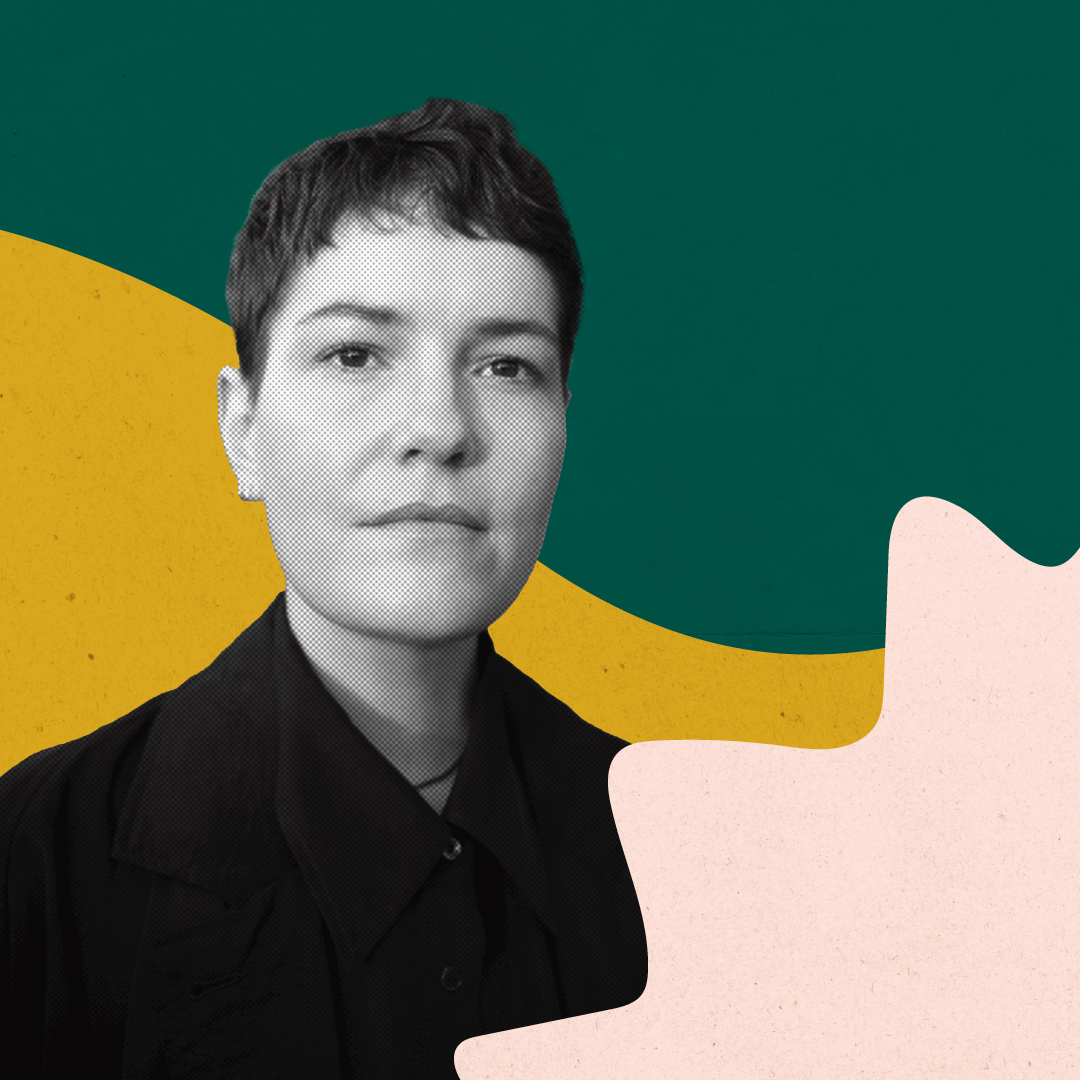
Kailee McGee is an award-winning artist, filmmaker, and writer. She makes content for screens of all sizes. Her work frequently blurs the line between reality and fiction and life and art. In 2024, Kailee premiered her new motion picture, Can, at the SXSW Film Festival, which won the SXSW Audience Award for best narrartive short film. Kailee’s latest music video, My Idea, was also an official selection at SXSW this year.
Kailee has directed numerous commercials, music videos, short films, and long films. Her cinematic experience, The Idea of a You, premiered on NOWNESS in 2022 after being featured at the Tribeca Film Festival. In 2019, Kailee garnered attention with her multi-faceted role as writer, director, producer, and performer in her celebrated short film, The Person I Am When No One Is Looking, which premiered on Vulture.
Kailee was born in Tucson, Arizona and raised in Laguna Beach, California. She studied at NYU Tisch School of the Arts and now lives in Los Angeles.
Krista: Can you share your experience in the creative and film industry regarding gender equity? How do you find your role in this space, and do you often find yourself being one of the few women in the room?
Kailee: In the creative space and entertainment industry, it’s more often than not that I find myself as the only woman in the room or on set. I’ve been in the business since I graduated from college in 2009. Initially, being one of the only women in the room felt so normal that I kinda just felt like one of the guys — and I often leaned into my masculinity as a way to feel like I was fitting in and belonged in the room more…in a very subconscious way. But now more than ever, I’m proud to be a woman, and I like to lean into my femininity. Sometimes, I forget I’m the only woman in the room until I find myself surrounded by other women on set. And I look around and think, “Hell yeah. Nice.”

Krista: Can you tell us a little about your career path and how you ended up where you are now? Also, what did you want to be when you grew up?
Kailee: I always knew I was a writer and storyteller. I grew up in Laguna Beach, California with my mom, an oil painter and artist, who encouraged me to express myself. Laguna Beach is beautiful, but I wanted to get as far away as possible so I moved to New York at 17 and studied screenwriting at NYU.
I didn’t fully realize it was possible to be a female director because I wasn’t aware of female directors growing up. In college, all of my friends were film bros, and they were making films. I thought, “If these guys can do it, I can do it,” so I pursued filmmaking. I’ve done everything under the sun — from making $500 rap music videos and filming them all by myself while someone’s getting their neck tattooed to what I’m doing today. All of these random jobs have added up to the person I am now, and it’s such an invaluable experience to have insider info on all the different roles on set. It’s made me a better collaborator and a more empathetic colleague.
Krista: Did you see yourself in leadership roles in your career, specifically in the film space?
Kailee: I often found myself in leadership roles naturally, like being the editor-in-chief of my high school newspaper or managing a restaurant when I lived in New York to make ends meet. It wasn’t a conscious choice; I would just step into those positions. It felt like if someone had to tell the story, it might as well be me. I realized that no one was going to knock on my door and be like, “Hey, kid, you got a story and I can tell it for you.” It was out of necessity that I became the one to step up and take charge.
Krista: What traits do you find important in a leader?
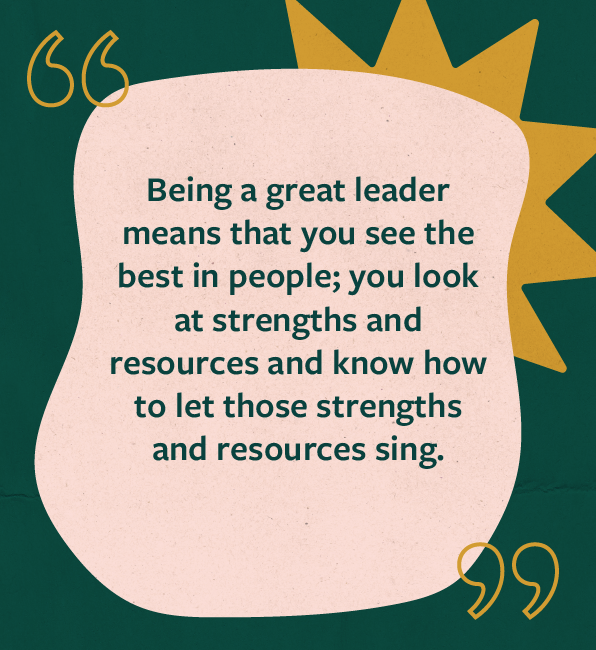
Kailee: A great leader is an active listener, empathetic, compassionate, and forward-thinking. Being a great leader means that you see the best in people; you look at strengths and resources and know how to let those strengths and resources sing.
There’s also a sense of being really in touch with reality. You can be forward thinking and have a dream, but to be a good leader you need to have a good understanding of what you have in your hands and be able to answer, “How can we work with this to make the best thing possible?” I find that especially in indie filmmaking, you never have enough time, money, labor, or whatever it is. Being able to look at what you do have and use it in a creative way — that’s a superpower.
Krista: Do you think these traits are more synonymous with female leaders?
Kailee: These traits might be more common in female leaders. My imaginary dream leader has a maternal energy that focuses on listening, inspiring, and building together. However, I don’t think these traits are exclusive to being female, and I believe that anyone can tap into a maternal energy.
Krista: Who are some female directors who inspire you?
Kailee: There are a lot of female directors who inspire me. This year I’ve been inspired by Justine Triet, the French writer and director of “Anatomy of a Fall.” I loved her film and her approach to sharing her film with the world. As a woman and director, I feel like there’s a lot of pressure to look a certain way and say certain things — and, she countered a lot of those things. She was true to herself, and that is so rare.
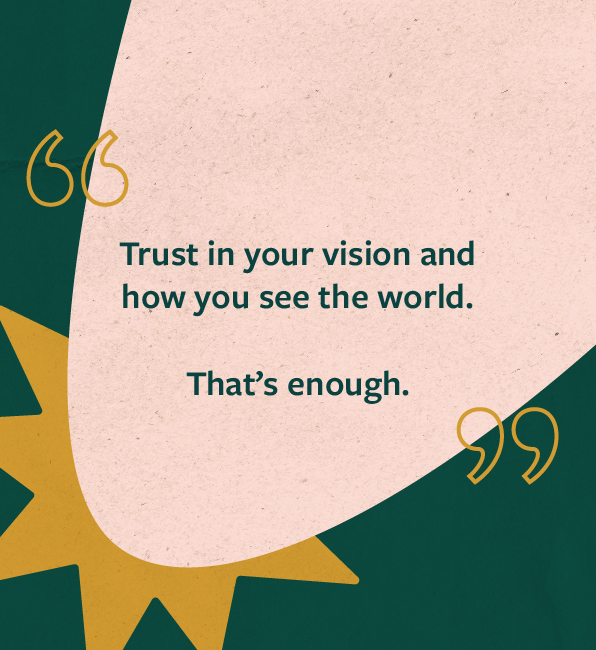
Krista: What advice would you give to younger you or a woman pursuing a similar career path?
Kailee: That is such a beautiful question. I hope this doesn’t sound cheesy, but the advice I would give to, say, my 16-year-old self is that you are enough just as you are. Trust in your vision and how you see the world. That’s enough. Ignore messages suggesting you need to change to become your best self — that’s all distracting and disheartening. Just being a human being — being a mid-sized mammal on planet Earth — is really enough.
Krista: Tell me about the Valley Regional Transit shoot in Boise. Why did you say yes to this project?
Kailee: The Valley Regional Transit shoot in Boise was so much fun. I loved the creative concept and the different characters, scenes, and energy. I knew it was going to be fun to bring to life. I loved visiting Idaho for the first time — we worked with a lot of Boise locals, and it was cool to have a different piece of the map of the world opened up to me. We met a whole lot of wonderful people, and it was beyond a warm welcome. It was a special shoot — and essentially an effortless shoot, which you really can’t say that frequently.
Krista: Can you tell us more about the film you shared with our team? I saw it was featured at SXSW!
Kailee: I shared my latest film project, “Can,” with the Stoltz team in Boise. I learned a new way to describe it recently — thanks to Taylor Swift — as autofiction. It’s a narrative live-action short film that is very autobiographical, based on my experience navigating breast cancer. I wrote, shot, and edited it during treatment, which, looking back, seems absolutely insane. It was, and also simultaneously I think it was me knowing that by making art and sharing my story, I could process and heal — to get to the other side I had to make a movie about it. I’m proud of the film. I’m so proud. After I make a project, I usually say, “Oh God, I’m so over that,” but for this one, I feel like, “Hell yeah, I made that film, and it’s exactly what I wanted and needed it to be and maybe even more.”

Krista: How is your health now?
Kailee: My health is excellent. I was diagnosed with stage four breast cancer at the end of 2022. And, I am so blessed to have had top-notch medical care throughout my entire journey — my doctors have been treating me for a cure since the beginning. And to be sitting here now and to be able to say out loud, “I’m cancer free,” — it’s hard to believe it’s real.
Krista: That’s so amazing to hear — I think Kate and I both have chills. Wow. Okay, next question — What do women need to consider in the film industry especially?
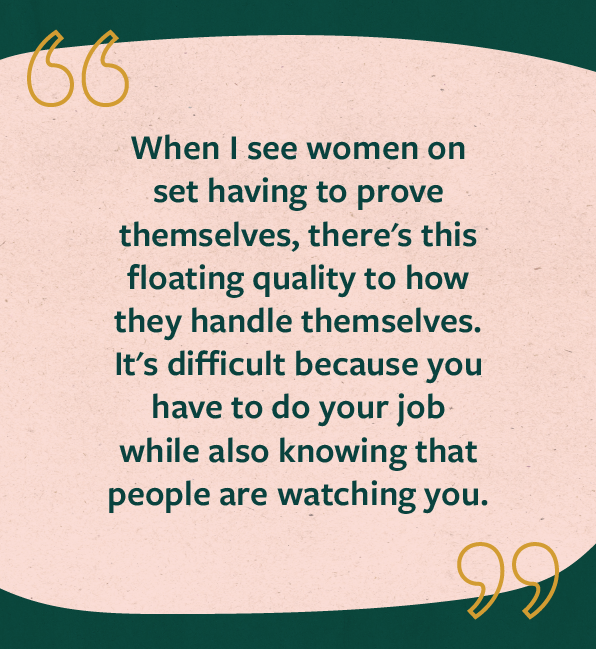
Kailee: Something that I’ve shared with a lot of female collaborators on film sets is that, no matter what position you’re in, there’s a sense that you have to prove yourself more because you’re a woman in a male-dominated world. You have to show that you’re worthy and competent in whatever job you’re doing, especially if you’re in a role usually filled by a man, you really have to flex more because people’s eyes are on you.
It’s hard to fully describe, but when I think about BDE, which stands for big dick energy and was a huge meme last year, it’s this super confident vibe. When I see women on set having to prove themselves, there’s this floating quality to how they handle themselves. It’s difficult because you have to do your job while also knowing that people are watching you. To me, that’s BDE.
Krista: What’s next for you — anything else that we can look forward to seeing come from you in the future?
Kailee: What’s next for me is developing a feature film. I’m also super excited about continuing to work on commercials, branded content, and music videos. I’m still trying to perfect my morning routine, which is an ongoing journey, and also looking for the perfect pair of pants.
Kate: Where do you find inspiration?
Kailee: Inspiration for me is something that is always, always happening, except when I’m on the hunt for it — then it feels so scarce. Truly, for me, my biggest inspirations are little seemingly fleeting life moments. In that moment, I think I should write this down or I’ll forget it — and then with true inspiration moments, I don’t need to write it down because it just stays with me.
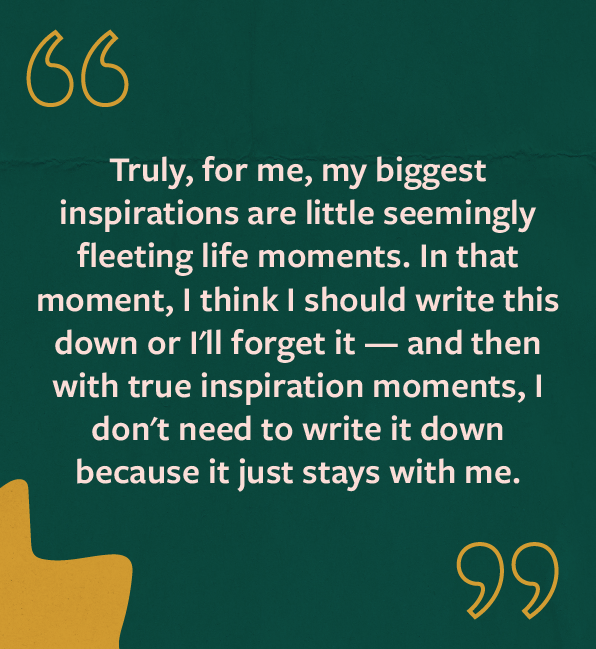
And that could be seen in a little hummingbird on a neighborhood walk or overhearing a conversation where someone says one phrase — those really, really micro moments can be world-building for me. They could be the beginning of an idea for a feature film for a music video or even that perfect line of dialogue for something that I’m writing.
And the inspiration thing can also enhance the perfect pair of pants quest, too. You never know where you’re going to see that — whether you’re doing the infinite scroll on social media or at the farmers market.
So I’m trying to always keep my eyes open. But when I go hunting for inspiration, it feels like there’s nothing out there.
Kate: Can you tell us a story about a moment that really distinguished yourself as a female director? Or a time you were aware of the difference you can bring to the film space?
Kailee: The story that immediately comes to mind is when I first moved to Los Angeles about 10 years ago. I was primarily working as a first assistant director. I was on set for a Barbie commercial starring a little girl who was lively and adorable but became nervous and scared in front of the camera. The director didn’t know what to do with her, so I stepped in and began working with her. I acted silly and weird to connect with her and help her feel comfortable. It felt like a complete flow state, and I realized it was something I was naturally good at — I was just helping a small person be more present and free in that moment.
That experience made me aware of some of my strengths as a director: connecting with people behind and in front of the camera. I really enjoy connecting with actors and co-creating a space for them to be open and present. Being in front of the camera is one of the hardest jobs on set.
Kate: Do you have any resources you’d recommend, especially for women in film and the arts?
Kailee: Yes, here are some resources for females and humans interested in creativity and film:
The Artist’s Way book – Sort of feels cheesy to recommend, but it changed me.
Creative Capital – Great resource for grants and art residencies across all mediums.
Waking Up App – Guided meditations and resource of thought provoking conversations and lectures (You can apply for a free or reduced rate if you cannot afford the service fees.).
Cargo Collective – An easy and stylish website and digital portfolio building tool.
The Creative Independent – Candid and inspiring conversations with artists of all kinds.
Also, I love memoirs of people, especially women in any arts position, who follow their hearts and pursue their artistic career path. These real stories deeply inspire me, and I try to bring those kinds of perspectives to set.
Krista: Okay, two final questions then: favorite memoir? And what did you think of Barbie?
Kailee: My favorite memoir is tough because there are so many good ones. I recently read “The Autobiography of a Face” by Lucy Grealy, which rocked my socks. It really did.
And then Barbie, wow. I mean, I feel like that’s like a more loaded question than what do you think of Taylor Swift? I saw Barbie on opening weekend and really enjoyed the experience. I’m excited about a Barbie movie like this being made. Personally, I would have taken it in a different direction. Years ago, I heard Sony had the rights, and I imagined the movie starring Rihanna as Barbie. That said, Greta Gerwig did an amazing job bringing the universe to life in a unique and spectacular way, and I feel really excited for everyone who worked on it.

Krista: Well, future projects to look forward to: Kailee’s version of Barbie — I’m going to put that on my vision board. I feel like I might need to go cry for a while in a good way. It’s been a really special conversation and I just feel like you’re so in touch with humanity and what it means to be a human and a woman. And I will not forget this conversation. So, thank you very much for your time.
Kailee: Thanks, thanks so much for asking me and including me in this. This was such a fun interview and conversation and it was really a joy.
